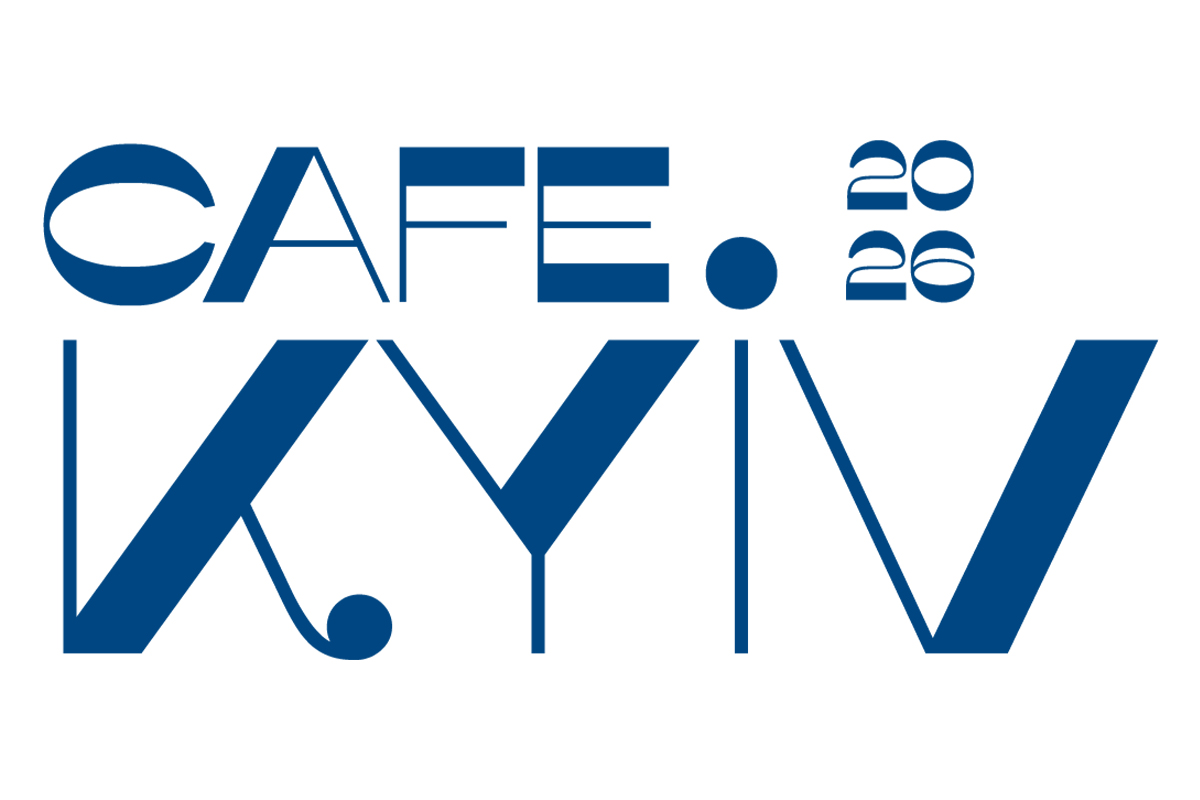Every Attack on a Jew is an Attack on the Liberal World

On this date 74 years ago, the Red Army liberated the Auschwitz-Birkenau extermination camp. The 27th of January became the Day of Remembrance for the Victims of National Socialism. Much has been subjected to critical analysis since then. What has been overlooked, though, is the alliance between anti-liberalism and anti-Semitism, an alliance that is still influential today.
One can hardly accuse the critically thinking public in the West of underestimating the significance of anti-liberal trends or failing to pay attention to the rise in anti-Semitic attitudes. Largely overlooked and underestimated, though, are the following:
- The close association between and mutual inspiration of anti-liberalism and anti-Semitism.
- The long lineage of this association, which first emerged in the mid-19th century and has re-emerged periodically since then. Hermann Wagener, lawyer and Prussian ministerial official, politician and would-be founder of a political party, and ardent Jew-hater, laid out the theoretical underpinnings for this association, whose influence would continue to be felt well beyond his day. His book Das Judentum und der Staat (1857) saw the ultimate “enemy of all state order” in the “so-called liberalism of the Jewish bourgeoisie”. Displaying an aptitude for propaganda, Wagener linked ressentiment towards Jews, inherited from past generations, with arguments for preserving the monarchy. He could be sure of the approbation of the Christian bourgeoisie, who found validation for their deep-seated distrust of the Jews in his work. Wagener’s thinking also met with approval from the “losers” – craftsmen and labourers – in the technological and social upheaval of the time. In Wagener’s work, liberalism and pluralism became quasi synonymous with Jewry and decadence. It was only a small step from there to Heinrich von Treitschke’s dictum “The Jews are our misfortune” (1879).
- The cultural, social and political complexity of this sinister alliance; its cyclical resurgence, first in the first half of the 20th century and now again in the early decades of the 21st century; and, not of least significance, its exponential increase in potency under certain social, economic and political conditions.
- The fact that the extreme right end of the political spectrum is not and, historically, has not been the only – or even the primary – locus of the origins and advocates of anti-liberal ideologies that rest to a substantial degree on arguments derived from or linked with anti-Semitic clichés. In fact, university-educated, Christian-oriented, bourgeois circles within the mainstream of society constituted an essential resource for these ideologies both in the 19th century and during the Weimar period. It was in these circles that Wagener’s writings were read, their destructive stereotypes taken up and additional force lent to the wind sown by the author. Out of an anti-Judaism that had for centuries been justified primarily on religious grounds was born the modern form of anti-Semitism, which rests mainly on social and political arguments. Chancellor Otto von Bismarck and his adepts used the newly constructed image of the “Jewish bourgeoisie” as the enemy to repress liberal aspirations and movements and shore up the, by then somewhat shaky, Prussian monarchy. This would not have been possible without an overtly anti-Semitic, illiberal class society. Eventually, in the years of the Weimar Republic, the smouldering coals inherited from Bismarck’s empire flamed fully into the fire that incinerated all of the liberal ambitions of the time. It brought Hitler and his National Socialists to power and, a few years later, millions of Jews into the gas chambers.
- The role that Christian religious bodies, well-established cultural organizations and political parties played in enabling the sinister axis between anti-liberalism and anti-Semitism to develop such calamitous power. One of the key social groups influencing public opinion in this context was the bourgeois Protestant milieu, from which the majority of people with university educations came. The political and cultural self-image of bourgeois Protestants shaped a period that began after of World War I and lasted well into the Nazi era. In those days, people in these circles took a very sceptical view of Western parliamentary democracy and its notion of civic self-determination and participation. They saw themselves as “anti-liberal” and “anti-democratic”. In this, they had the blessing of the [Protestant] Evangelical Church, which, while not requiring this political orientation, did share it. To a substantial degree, it paved the way for the fusion of anti-liberalism and anti-Semitism into a specifically German ideology during the “Third Reich”. People in these circles did not necessarily see themselves as national socialists in the sense of adherents of the political party. They did endorse and promote the Nazi regime’s concept of the enemy though. The rejection of both Western liberalism and Eastern Bolshevism was intertwined with racist anti-Semitism.
Anti-Semitic attitudes are not directed solely against their explicit target
Research on all of this is scant and anything but systematic. What has been brought to light by the little research that has been done is just lying there, an occasional loose thread poking out. As though we balked at pulling them – and drawing any meaningful conclusions. By virtue of being aimed at Jews, Jewish communities and the State of Israel, anti-Semitism also targets everyone and everything associated with liberal modernity. In Germany, anti-Semitism takes aim not only at individual Jews and Jewish institutions, but at the democratic Republic as well, the Republic whose constitution, the Grundgesetz of 1949, arose out of an awareness of responsibility for the Shoa and therefore contains, in its first article, a statement based so uncompromisingly on the code of values of a liberal, pluralistic social order: “Human dignity shall be inviolable”. The Grundgesetz of the Federal Republic of Germany did not and does not intend only to safeguard the possibility of a liberal way of life. It also pledges to promote the universal values of human dignity and democracy within and beyond German borders. It is the sole ethical framework to have legal effect for a German nation of the future. Anti-Semitic attitudes are therefore not directed solely against their explicit target. They are always also aimed at the code of values which pledges to protect freedom and pluralism as a binding standard. Those who attack Jews, Jewish communities or the State of Israel, are also attacking the concept of a liberal society. Every attack on Jews is an attack on the liberal world.
The supposedly enlightened West is displaying an alarming inability to grasp its situation
Those who have understood this will re-evaluate what is going on around us, taking a considerably broader perspective: what is happening in Hungary, where what amounted to a revocation of the license of the Central European University was accompanied by an unprecedentedly anti-Semitic public poster campaign vilifying George Soros, the CEU’s principle benefactor; what is reaching us, in an ever increasing flood, from Putin’s Russia, where journalists, writers on public affairs and media organisations are being blacklisted and pilloried as Jewish in classic Der Stürmer style on platforms like Russia Insider; what is being expressed in the AfD’s core party texts and day-to-day political statements. One hears this völkisch swill more often again – and by no means only from the regulars finishing each other’s sentences at the local pub or at pretentiously eccentric student societies. It has reached yet another ignominious nadir in the book published recently by Björn Höcke (Nie zweimal denselben Fluss), a leading figure in the AfD. Anti-liberalism is assembling itself in Europe, drawing momentum both from Moscow and from the alt-right movement in the USA. It is trying, with the help of an anti-Semitism that is as blatant as it is brutal, to insinuate itself into every opportune fracture and conflict in a supposedly enlightened Western society which, in actual fact, is displaying an alarming inability to grasp its situation. As though we had learned nothing of moment from the past and were once again confronting the rekindled threat not en bloc, but as a conglomeration of naïve and narcissistic individual societies.
Anti-liberalism and anti-Semitism: an ideological symbiosis
Against this backdrop, the tendency to reduce the anti-Semitic threat in Germany and Europe to the growing number of Muslim immigrants is also disturbing. The number of attacks on Jews and Jewish institutions perpetrated by Muslim Arab persons has increased – but the exclusive focus on this group, its culture and religion is as dangerous as that rise in numbers is indisputable. This narrow focus leaves out our own, homebrewed anti-liberal groupings, which are deliberately stoking anti-Semitic sentiments and exploiting them for their own ends. Anti-Semitism is per se illiberal, while anti-liberalism exploits the illiberal strength of anti-Semitism for its own ends. We are dealing with an ideological symbiosis which is likely to stifle the idea of liberty, respect and pluralism should we fail to counter it through timely and decisive action. Anti-liberalism and anti-Semitism cannot be considered or combatted separately. They act in concert, the Janus face of a centuries-old, periodically re-emerging threat.
![]()
Hat Ihnen unser Beitrag gefallen? Dann spenden Sie doch einfach und bequem über unser Spendentool. Sie unterstützen damit die publizistische Arbeit von LibMod.
Wir sind als gemeinnützig anerkannt, entsprechend sind Spenden steuerlich absetzbar. Für eine Spendenbescheinigung (nötig bei einem Betrag über 200 EUR), senden Sie Ihre Adressdaten bitte an finanzen@libmod.de
Verwandte Themen
Newsletter bestellen
Mit dem LibMod-Newsletter erhalten Sie regelmäßig Neuigkeiten zu unseren Themen in Ihr Postfach.





